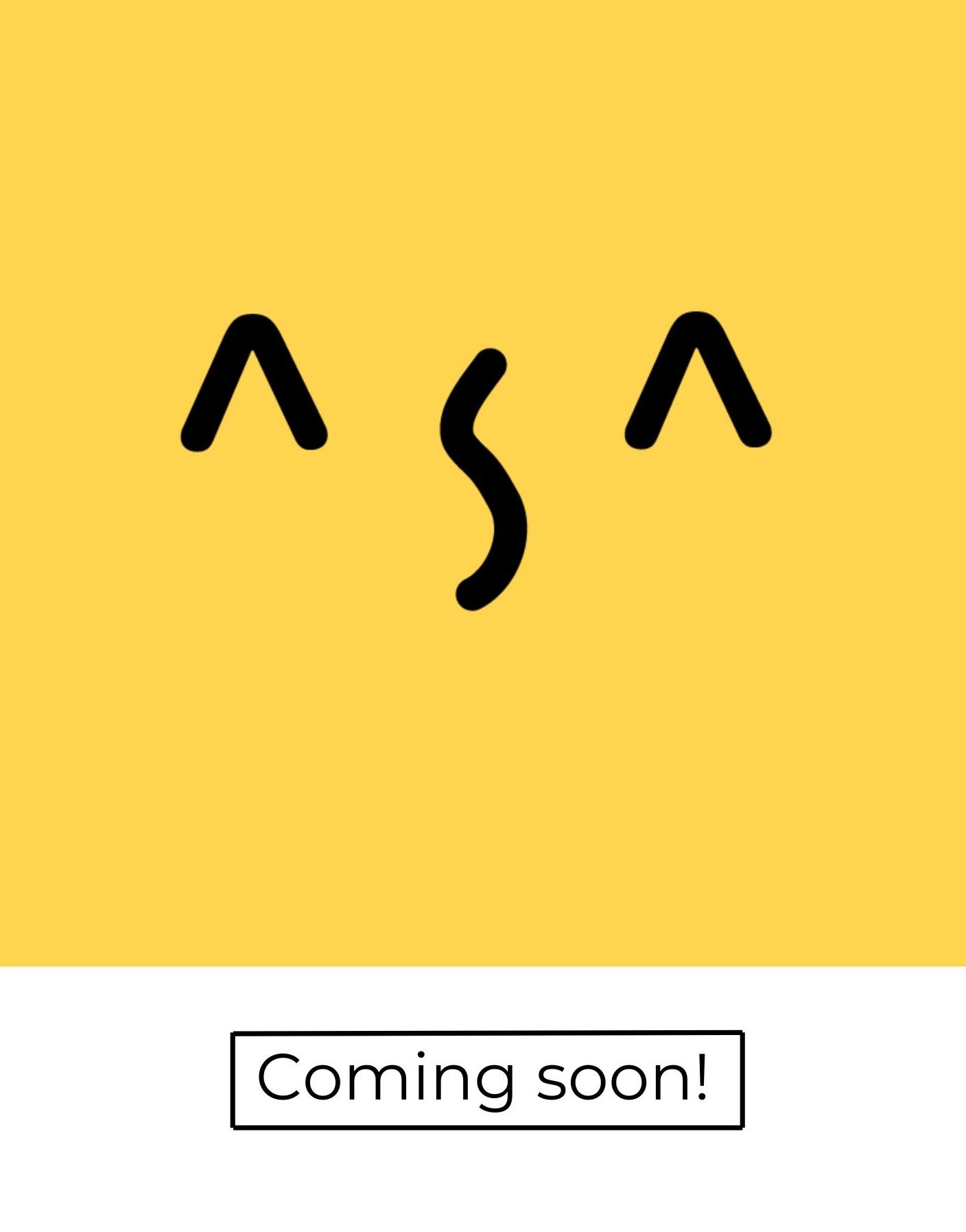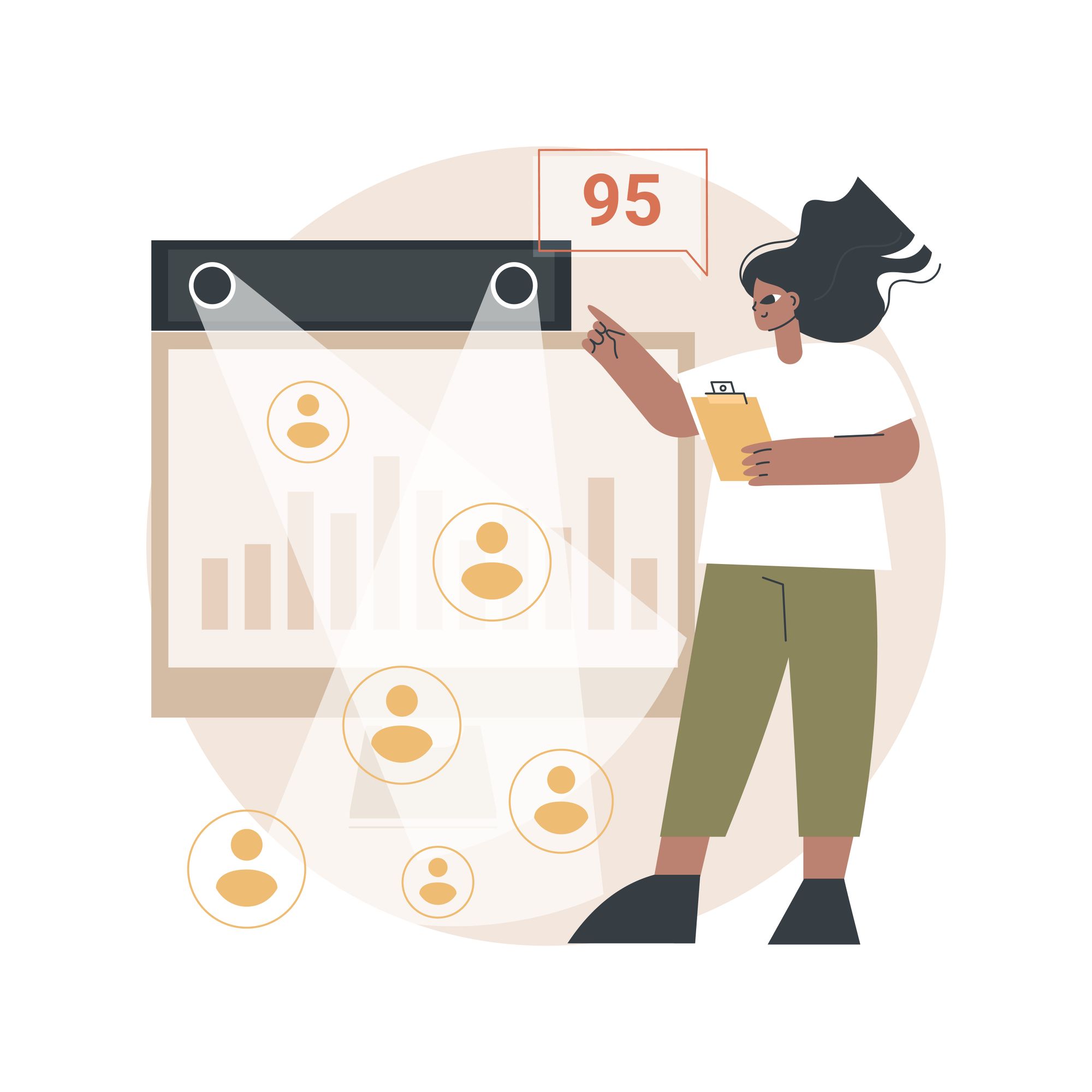5 Game-Changing Ways AI is Revolutionizing HR in 2024

The Dawn of AI in Human Resources
In 2024, the integration of Artificial Intelligence (AI) in Human Resources (HR) is no longer a futuristic concept—it's a present reality reshaping the workplace. As HR professionals pivot from administrative tasks to strategic initiatives, AI is the driving force behind this transformation.
Understanding AI in the HR Context
Before diving into specifics, let's clarify key terms:
- Artificial Intelligence (AI): Technologies designed to perform tasks typically requiring human intelligence
- Generative AI: A subset of AI that creates new content and insights, particularly valuable for HR applications
The adoption of AI in HR processes is surging, driven by the need for greater efficiency and enhanced decision-making. Recent statistics reveal that over 50% of large organizations have already integrated AI solutions into their HR departments. This growing trend signifies a shift towards more productive and strategically focused HR functions.
A multitude of studies further underscores the benefits of AI in this domain. For instance, research from Deloitte found that companies utilizing AI in HR reported a 38% reduction in time spent on routine tasks. Additionally, a report from Gartner highlighted that businesses leveraging AI experienced a 26% improvement in employee retention rates.
1. Revolutionizing Recruitment and Talent Acquisition
AI-Powered Screening: The New First Line of Hiring
AI-powered screening is transforming the recruitment landscape by automating the initial phases of hiring. By leveraging machine learning algorithms, AI can sift through vast pools of resumes to identify candidates who meet specific criteria, significantly reducing the time and resources required for this tedious task.
Predictive analytics takes recruitment a step further by forecasting the potential success of candidates in a given role. This technology assesses a variety of data points, such as past performance and behavioral traits, providing a more comprehensive evaluation of an applicant's fit within the company culture and job requirements.
Moreover, AI is making strides in promoting diversity and inclusion during the hiring process. By eliminating unconscious biases that often influence human decision-making, AI tools ensure a more equitable selection of candidates, fostering a diverse and inclusive workplace environment.
Various companies exemplify the successful implementation of AI in recruitment. For instance, Unilever has employed AI to conduct digital interviews and analyze candidate responses, resulting in a more efficient and effective hiring process. Similarly, IBM utilizes AI to match job applicants with open positions by analyzing performance indicators and skill sets, demonstrating the tangible benefits of AI in talent acquisition.
Here at Asa.team, we want to create tools that empower businesses of all sizes to harness the power of AI for their recruitment needs. We understand the transformative potential of AI in talent acquisition and are committed to making this technology accessible to you.

Our upcoming LinkedIn workflow is designed to revolutionize your recruitment process by leveraging AI to gather profiles based on your specific requirements. This innovative tool will streamline your talent search, allowing you to efficiently identify and connect with potential candidates who match your criteria. By automating the initial stages of candidate sourcing, our LinkedIn workflow will save you valuable time and resources, enabling you to focus on engaging with the most promising applicants. Stay tuned for this exciting feature that will put the power of AI-driven recruitment right at your fingertips, helping you build your dream team more effectively than ever before.
2. Transforming Employee Onboarding
Streamlining Administrative Tasks

AI-driven tools are redefining the employee onboarding experience by streamlining administrative tasks and logistics. These technologies automate the completion of necessary paperwork, from employment contracts to tax forms, ensuring that new hires can focus on integrating into their roles without being bogged down by administrative formalities.
Generative AI plays a pivotal role in creating personalized onboarding plans tailored to each employee's unique needs and career aspirations. By analyzing individual profiles, these systems design customized training modules and development programs, facilitating a smoother transition into the company culture and enhancing early productivity.
Numerous platforms exemplify the use of AI in HR, making onboarding both efficient and engaging. For example, companies utilize solutions like BambooHR and Zenefits, which incorporate AI to provide a seamless onboarding experience, from automated document processing to personalized training schedules. These tools not only expedite the onboarding process but also ensure that new employees feel supported and valued from day one.
3. Enhancing Employee Engagement and Retention
Sentiment Analysis: The Pulse of Your Workforce
AI is transforming employee engagement and retention by implementing advanced sentiment analysis capabilities that monitor employee attitudes through various communication channels. By analyzing patterns in emails, survey responses, and other workplace communications, AI systems can gauge employee sentiment in real-time, allowing management to address concerns promptly and foster a positive work environment.

Predictive retention models powered by AI are proving invaluable in anticipating turnover risks and formulating proactive retention strategies. These models analyze a range of data, from performance metrics to engagement scores, identifying employees likely to leave and suggesting targeted interventions to improve their satisfaction and commitment.
The benefits of integrating AI in HR extend beyond just predictive analytics; they include maintaining high employee morale and reducing attrition rates. By creating a responsive and supportive atmosphere, AI-driven tools help ensure that employees feel understood and valued, leading to a more stable and engaged workforce.
4. Revolutionizing Performance Management
Continuous Feedback Systems
AI enables continuous feedback systems that facilitate real-time and objective assessments. These systems utilize AI algorithms to analyze an employee’s performance data, providing immediate feedback that helps in aligning their work with company objectives. This not only empowers employees to improve their skills continuously but also aids managers in maintaining a high level of oversight and accuracy.
Additionally, AI tools are instrumental in assisting managers with goal setting and tracking. By leveraging data analytics, these tools help create personalized and achievable goals for employees, continuously monitor progress, and suggest adjustments as needed. This dynamic approach ensures that employees remain on track and motivated, ultimately driving better performance outcomes.
For example, performance management platforms like Workday and SuccessFactors, enhanced by AI, offer features such as individualized coaching suggestions and predictive performance patterns. These tools not only streamline the performance review process but also provide actionable insights, helping businesses to foster a culture of high performance and continuous improvement.
5. Transforming Learning and Development

AI is also transforming learning and development by curating personalized learning paths tailored to meet individual employee needs and career aspirations. By analyzing vast amounts of data, AI can recommend content that aligns with an employee’s specific skills and professional goals, ensuring that their learning journey is relevant and effective.
In addition to crafting individualized learning experiences, AI identifies skill gaps by continuously monitoring employee performance and comparing it against the demands of current and future roles. This precise analysis guides the development of targeted training programs, enabling employees to acquire necessary skills efficiently and incrementally.
Moreover, generative AI is pioneering adaptive learning experiences by crafting dynamic training materials that evolve based on user interaction and progress. These advanced AI systems generate custom content that adapitates in real-time to an employee’s learning pace and comprehension, creating a highly engaging and effective training environment.
Conclusion: Embracing the AI-Driven Future of HR
As we navigate 2024, the impact of AI on HR is undeniable. From streamlining recruitment to fostering continuous learning, AI is creating more efficient, responsive, and employee-centric workplaces. By embracing these technologies, organizations can unlock new levels of productivity, engagement, and innovation.
Looking Ahead:
- AI in HR will continue to evolve, offering even more sophisticated solutions
- The future workplace will be characterized by intelligent, adaptive systems
- HR professionals will increasingly focus on strategic, high-value tasks
Are you ready to leverage AI in your HR processes? The future of work is here, powered by artificial intelligence. At Asa.team, we're committed to making this AI-driven future accessible to all businesses. Our innovative tools put the power of AI-enhanced recruitment directly in your hands, helping you build the team you need to thrive in today's competitive landscape.

